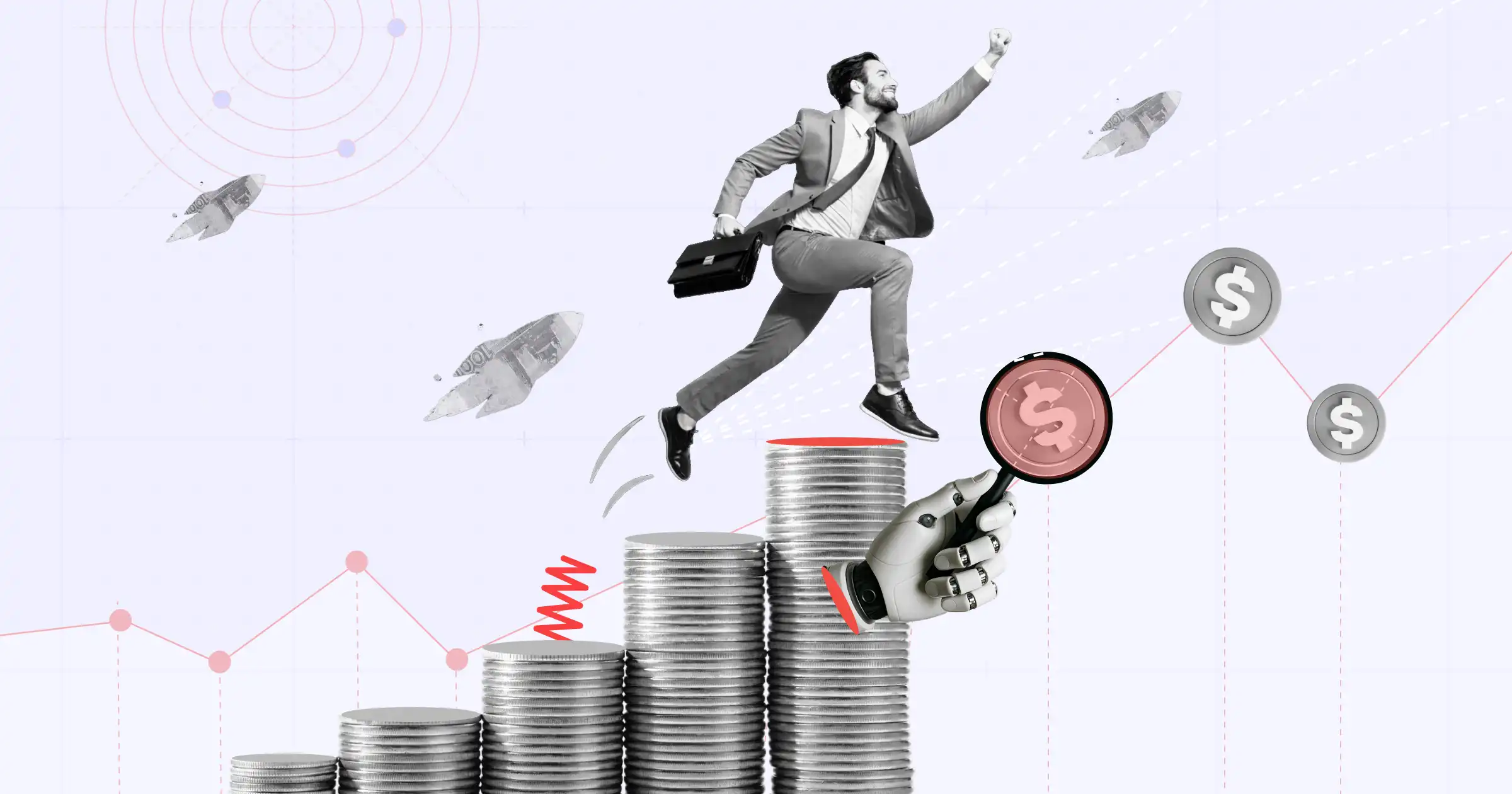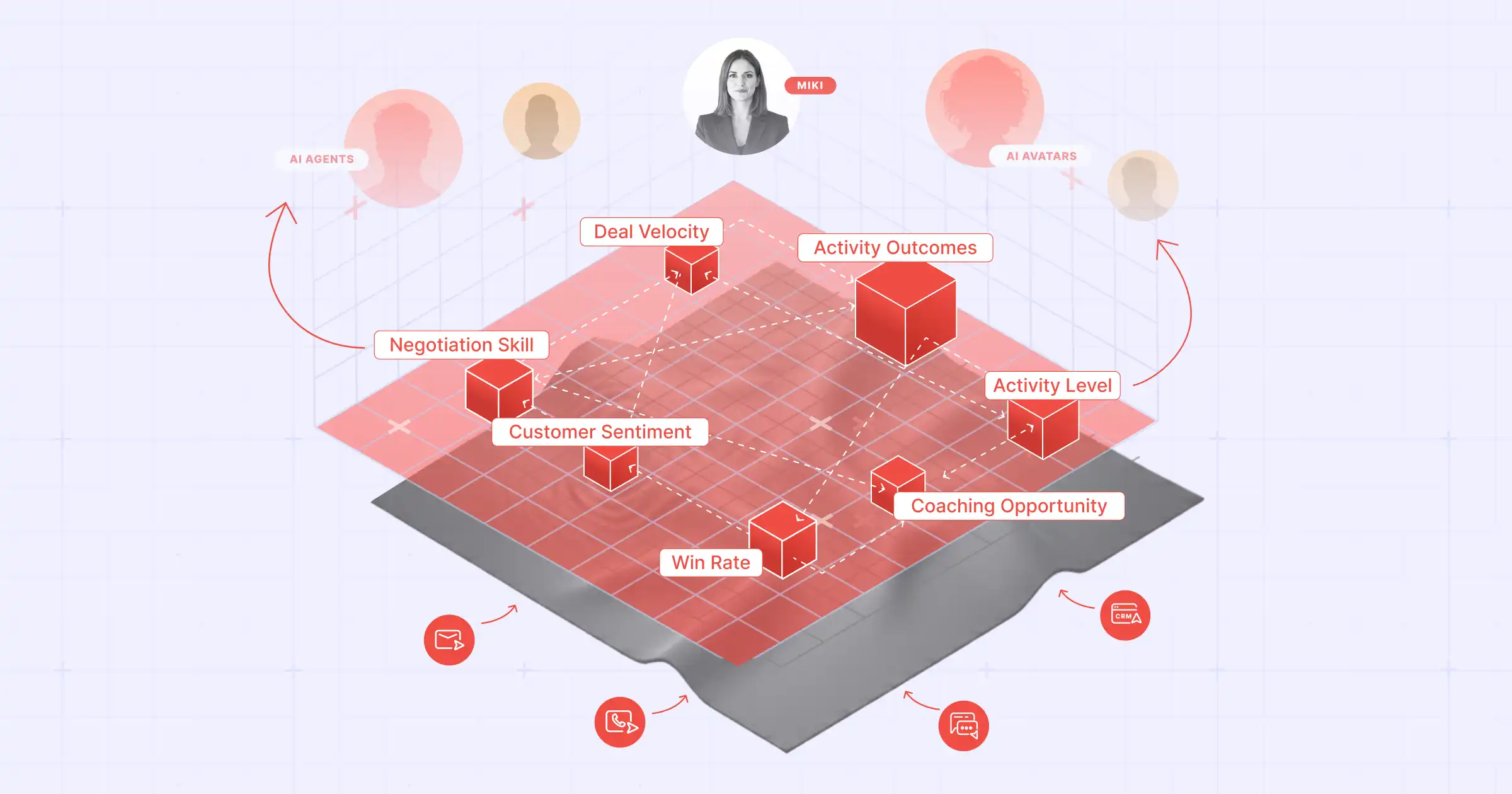Three Ways AI Guidance Can Help You Sell Better in a Black Swan Environment
Jun 24, 2020
You can also read this article on Selling Power Magazine. Aviso AI was recently featured in Selling Power's Top 2020 AI Solutions. The year 2020 has already been a year of tumultuous twists and turns unlike anything we’ve seen in recent decades. It has brought concepts like “Black Swans” – unpredictable or unforeseen events, typically with extreme consequences – into the mainstream. Experts even say what we’ve just seen in the first half of 2020 may be the new norm for the decade: unpredictability. Here’s the truth: Surviving novel problems requires novel solutions. From a revenue perspective, old approaches, technologies, and biases won’t just hurt us – they have the potential to sink entire companies. If we learn the right business lessons from COVID-19, we can be better prepared for future uncertainty. Using novel technologies such as AI will be absolutely key to remaining afloat through troubled waters. Here are three ways we believe AI can enable your selling success even through all-virtual WFH collaboration, deviant markets, and a general mood of chaos. 1. Stay close to the ground with AI understanding of markets and buyer behavior. Companies can benefit from applying the power of AI both to who they sell to and how they sell. Leaving this sensemaking task to human brains is fraught with specific risks – humans don’t look far back enough, broadly enough, or objectively enough. A starting point with AI can be looking at similar challenges experienced in the past, and how revenue forecasts dropped in those situations – for example, previous recessions. At Aviso our AI Research team has found that the extent of the impact your industry faces depends on a variety of factors: financial resilience, sales cycles, geographical exposure, churn versus new customer acquisition rates, account sizes. All these considerations should be modeled into your business to forecast future quarters. On the buyer engagement side, AI can also help you develop more empathy for the impact on prospects so you can adapt the way you sell. For example, applying AI to actual email and calendar engagement – and even chat conversations – will give your sales teams a better understanding of prospects’ pain points and how to create a virtuous cycle with them.
2. Collaborate as one virtual team with revenue-focused AI “war rooms.” Working from home is the new normal. From team SKOs, on-site demos, and field sales, revenue teams are rapidly digitizing all their operations. How do you keep up velocity virtually? In times of rapid change, just “watercooler” collaboration (e.g., Slack or Zoom) is not enough. During remote work, teams suffer from deeper cognitive biases. Good news looks better than it should, and bad news often doesn’t enter the discussion. These biases can compound and spread across CRM, forecast calls, and deal reviews, and inhibit timely actions. We recommend using digital “revenue war rooms” where sales leaders and teams can plan and execute during these uncertain times. Ideally, these rooms combine the best of Zoom, Slack, and CRM-like tools while keeping end-to-end encryption and also augmenting sales collaboration with AI insights, live chat, video, file sharing, and “to-dos” prioritization. Such rooms serve as a virtual collaboration space to move deals – drawing in other go- to-market members such as customer success, marketing, or legal, for help when needed.
3. Vigilantly apply AI to predict forecasts and recalibrate pipeline numbers. A key challenge faced by companies in crises is that CRM data loses its trustworthiness. This is due to many deals drying up as poor economic conditions lower buyer intent. CRM becomes a lagging indicator of business. More so, if you are using a spreadsheet, it is nearly impossible to forecast during COVID-19 due to the large amount of rapidly shifting variables constantly influencing potential revenue outcomes. Re-assessing both forecasting strategy and pipeline quality is critical to revenue success. Using a machine learning approach to forecasting sales – preferably with a tool that applies advanced data science to learn your organization’s selling patterns – will help your team get smarter over time. AI pipeline analytics can help with objective, unbiased inspection. Comparing start-of-the-quarter pipeline and new pipeline added to ending pipeline predictions can reveal when and where you need to strengthen revenue strategy. Playing the long-term optimization game is key to sustained revenue; see if you’re on track to creating sufficient pipeline one, two, and three quarters out. To round the process out, find out if your pipeline is the optimal mix of opportunities that will gear your team for success.
Confidently close your next quarter with an AI Guidance Compass Aviso is here to help companies recover from the impact of COVID-19. Get Aviso AI complimentary for 90 days to understand your business better, collaborate more effectively across your revenue team, drive more revenue, and reduce the burden of CRM.







